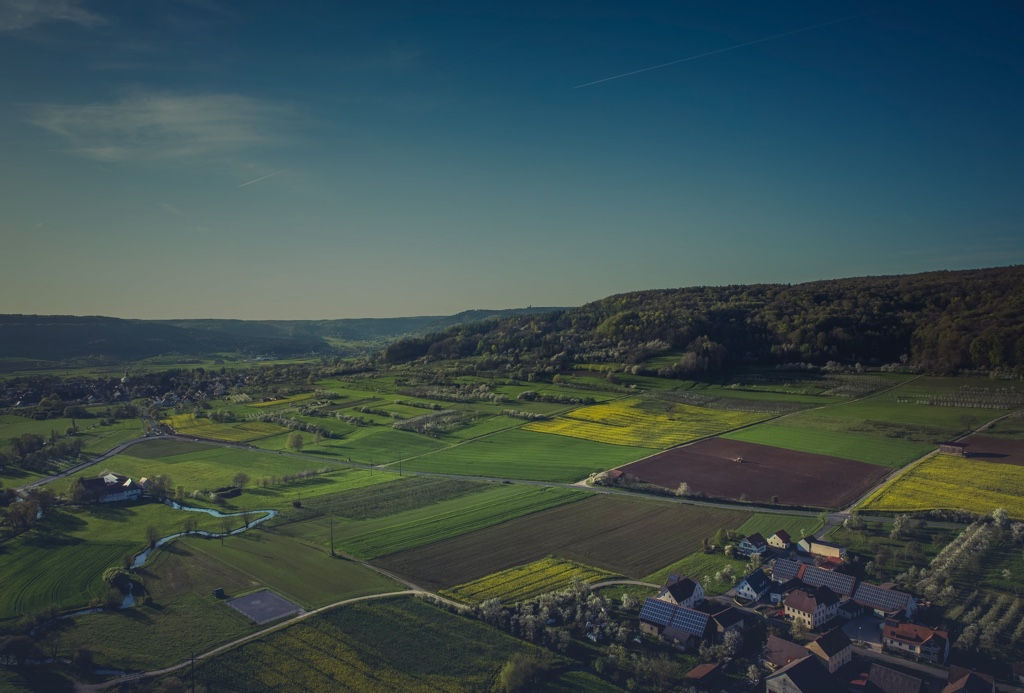FAO World Food Day 2021: Our actions are our future
- Georgina Knock
- Oct 18, 2021
- 3 min read
The Food and Agriculture Organisation (FAO) is a specialised agency of the United Nations. On 16th October the FAO hosted the World Food Ceremony online to make World Food Day because “as a global community, we each have a role to play in the transformation of agri-food systems - from governments to private companies, farmers, civil society, academia, and all individuals, including youth! Together we can empower each and every element in our agri-food systems to collaborate more fairly, sustainably and inclusively from farm to table, and beyond.” FAO website.
A sustainable food system is a food system that delivers food security and nutrition for all in such a way that the economic, social and environmental bases to generate food security and nutrition for future generations are not compromised (FAO, 2018). Watch this FAO video (right) to find out more about World Food Day:
Our team at KisanHub welcomes this collaborative approach set by the FAO at this year’s World Food Day, as described by Giles Barker, CEO & Co-Founder at KisanHub:
“At KisanHub we believe that supply chains must become more efficient to feed the growing global population; therefore become both environmentally and financially sustainable with the help of technology.”
Agriculture's digital revolution has the potential to benefit both business and the planet, with sustainability quickly becoming a priority in the industry:
"We need to invest in our food systems,” explained David Beasley, Executive Director of the World Food Programme, at the World food Ceremony this month.
By harnessing technology, for example, capturing data once at source and moving to a digital, integrated system, can significantly reduce your carbon footprint and help you make decisions that will improve margins and benefit profitability.
Food waste, carbon emissions and resources
One topic the event focused on was how to reduce food waste, as it is estimated that 30% of all food produced is wasted in the supply chain (FAO source). Below is our path to sustainable agri-food supply chains. We have developed this because we believe that smart supply chains of the future will aim to reduce waste, lower carbon emissions and save resources, such as paper. This is made possible by the adoption of technology and harnessing software like KisanHub. Visit our Sustainability page for more details:
Agri-food supply chains are complex and involve interactions between farmers, aggregators, processors, packers and retailers.
During the World Food Ceremony many of the speakers emphasised the importance of supporting everyone at each stage of our food system chains. We can see that the growing area of agri-tech and tools similar to KisanHub, provide this needed support for people at all stages in the supply chain. Watch this video (right) produced by the FAO which explains what agri-food systems are:

“We are committed to the future and more sustainable supply chains, to bring adaptability to one of the oldest industries in the world. That's why our logo represents both a leaf and a water droplet because we believe our footprint should leave the environment in a better place for future generations.” Giles Barker, CEO & Co-Founder at KisanHub.
The FAO World Food Day reminds us of the importance and complexity of our agri-food supply chains. Our team wanted to show our support because we believe our food system should be both financially and environmentally sustainable. That is why we built the Kisanhub Platform, to help Producer Groups and Food Production Companies to transform their supply chain with greater visibility and data-driven insights.






Comments